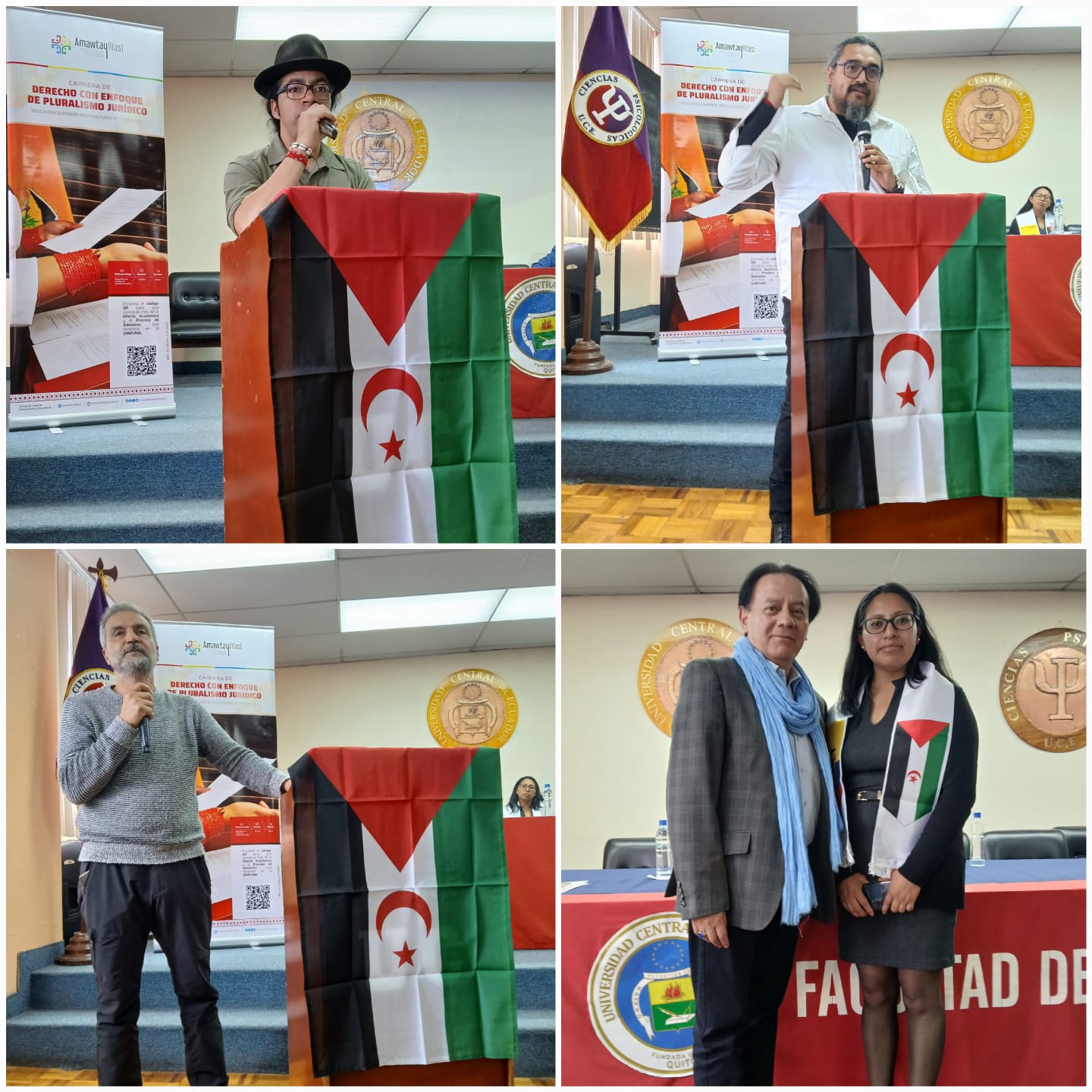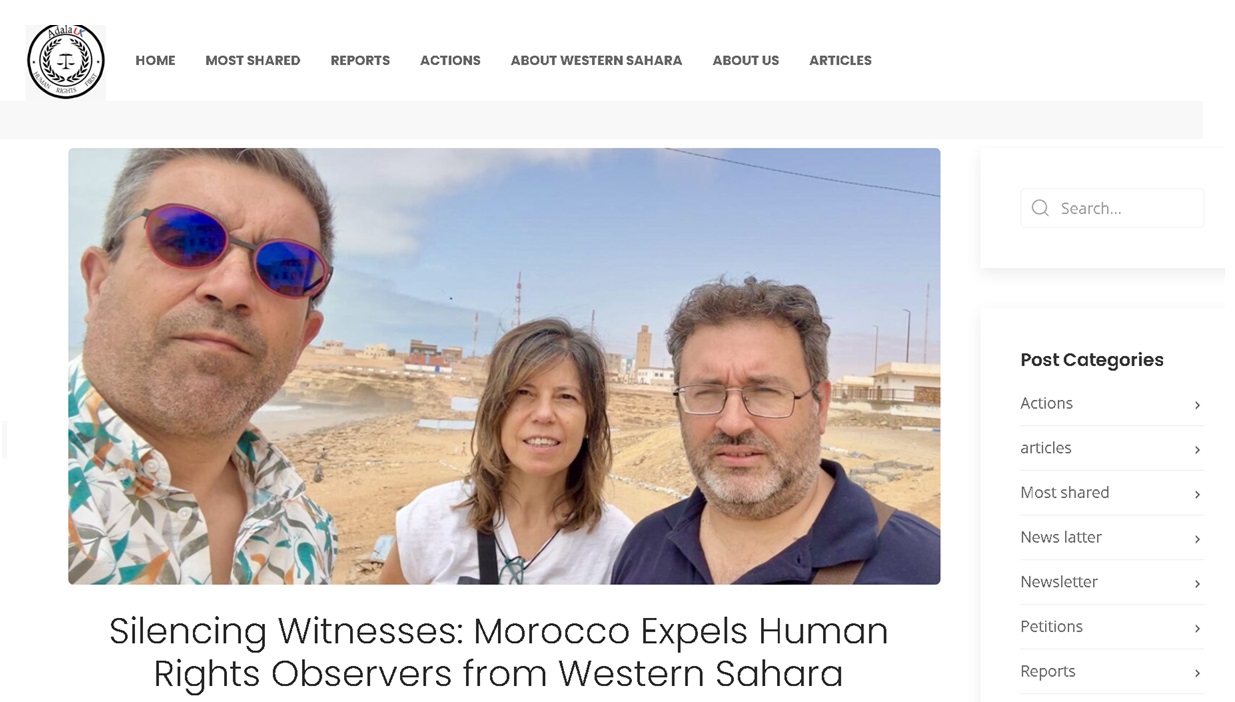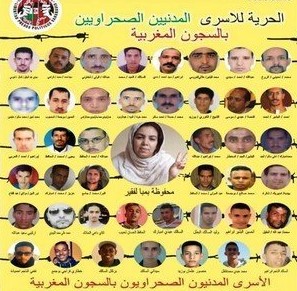
Tiflet 2 Prison (Morocco) 6 MAY 2025 (SPS)— Saharawi political prisoner and member of the Gdeim Izik group, Sidi Abdallah Abbahah, has now endured seven years of solitary confinement inside Morocco’s notorious Tiflet 2 prison, indicates Dr. Isabel Lourenco, in a statement to the SPS, considering his situation a punishment the UN defines as torture. His crime? Peacefully advocating for Saharawi self-determination.
This week, after formally notifying prison officials of his intention to begin a protest hunger strike, Abbahah was denied the right — a right even Morocco’s own prison regulations are meant to protect. Over the next 48 hours, a chilling pattern emerged. One by one, prison guards entered his cell with a coordinated warning: “Stop saying you are a political prisoner. You are nothing more than a civilian criminal.”
These aren't just words — they’re a calculated attempt to erase his political identity and the broader Saharawi struggle, Dr. Lourenco explains. Human rights experts say this campaign of psychological pressure, isolation, and denial of legal access constitutes a gross violation of international law.
In 2016, the UN Committee Against Torture not only took up his case, but confirmed he had suffered torture while in Moroccan custody. The UN Working Group on Arbitrary Detention went further, declaring his detention a violation of due process and calling for his release. Morocco has ignored both rulings.
Worse still, Abbahah remains completely cut off from legal representation. His lawyer, Maître Olfa Ouled, is barred from any contact with him — a stunning breach of legal norms that intensifies his isolation.
The Moroccan state’s treatment of Abbahah is not just a case of prison abuse, Dr. Isabel Lourenco emphacizes, it is an act of political erasure. By stripping him of the right to protest, denying his political status, and silencing his voice, Morocco is not just violating human rights — it is attempting to rewrite history itself.
Human rights groups warn that without international pressure, cases like Abbahah’s will vanish into silence. “This is not just about one man,” said one legal advocate familiar with the case. “This is about the systematic destruction of a people’s right to resist.”
As the world watches other conflicts unfold, the slow suffocation of Saharawi political prisoners continues — behind closed doors, under flickering lights, and far from the global headlines they so urgently deserve. (SPS)
090/500/60 (SPS)



